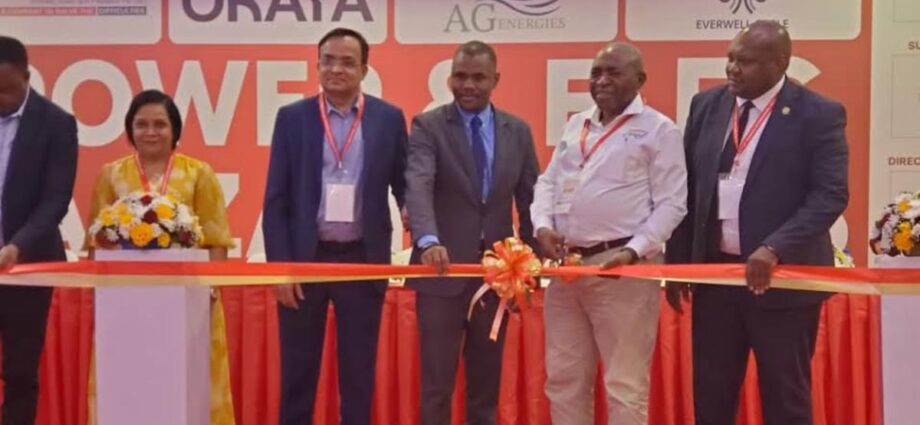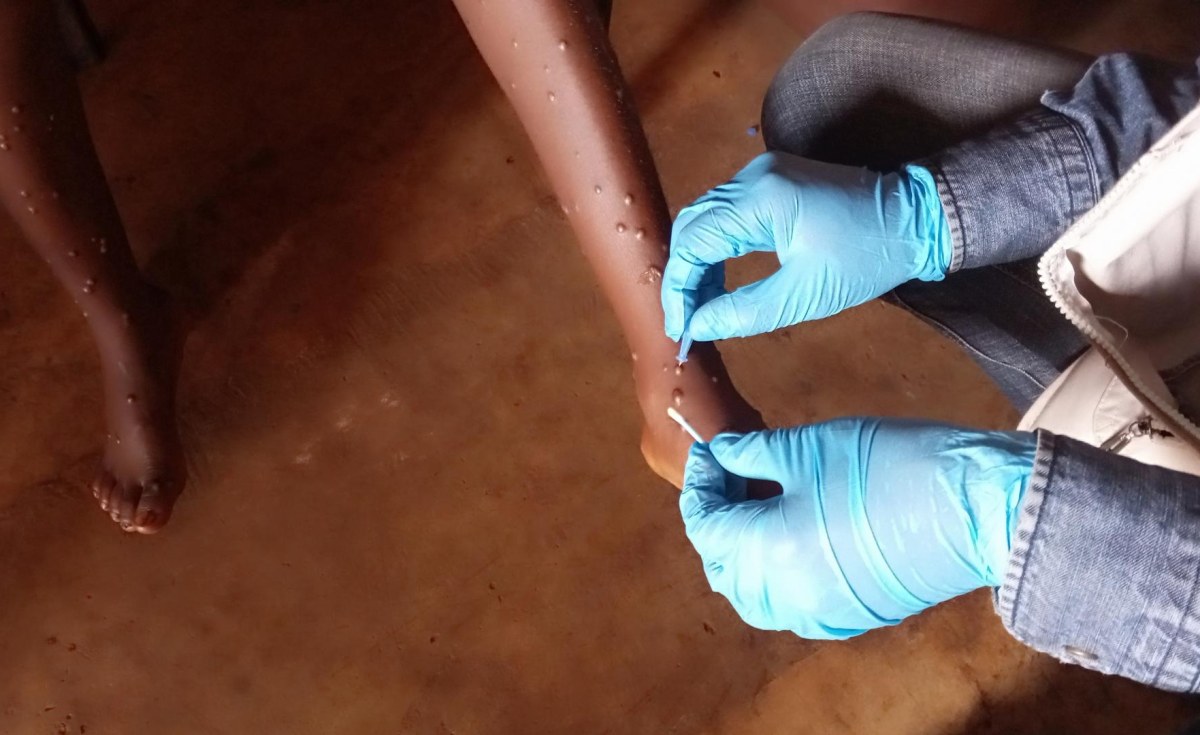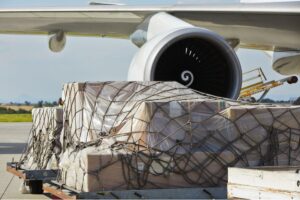
Dar es Salaam. The inaugural Power and Electric Technology Exhibition (Power and Electric Tanzania 2025) was held in Dar es Salaam, focusing on creating opportunities and promoting environmental conservation.
This three-day exhibition, organised by the Tanzania Renewable Energy Association (Tarea), took place at the Diamond Jubilee Hall.
Tarea’s secretary general Matthew Matimbwi said the exhibition aims at unlocking various economic and social opportunities in the country.
“This is the first exhibition of its kind and will be a continuous event involving various businesses from Tanzania and India. The goal is to encourage the use of high-quality electric products and promote the adoption of clean energy,” he said.
Among the items showcased were modern construction equipment, an electric stove that operates for just Sh200, and an electric-powered tricycle, which were major highlights of the event.
These products are particularly relevant as the world grapples with climate change caused by environmental degradation linked to the use of diesel and petrol.
Petrol and diesel release carbon dioxide, which affects the ozone layer, leading to global warming and rising temperatures.
During the exhibition, Mr Matimbwi emphasised that, beyond showcasing products, they also provide education on the use of clean energy.
“The goal is to reduce environmental pollution by empowering citizens with access to standardised technologies,” he said.
He added that the exhibition also serves as an opportunity to expand the market for Tanzanian products in renewable and sustainable energy sectors.
“There are products for safe cooking methods, lighting technologies, electrical cables, transformers, and other electrical equipment,” he noted.
Mr Sirish Thakker, vice president of KP’s Green Engineering Limited from India, emphasized the importance of the exhibition for both India and Tanzania.
“It broadens market opportunities and fosters various business prospects between Tanzanians and Indian companies,” he said.
Albina Minja, manager at Sustainable Energy Services Company (SESCOM), expressed that they are using the exhibition to showcase the electric stove and tricycle.
“We aim to promote the use of clean cooking energy and renewable energy for environmental conservation,” she said.














